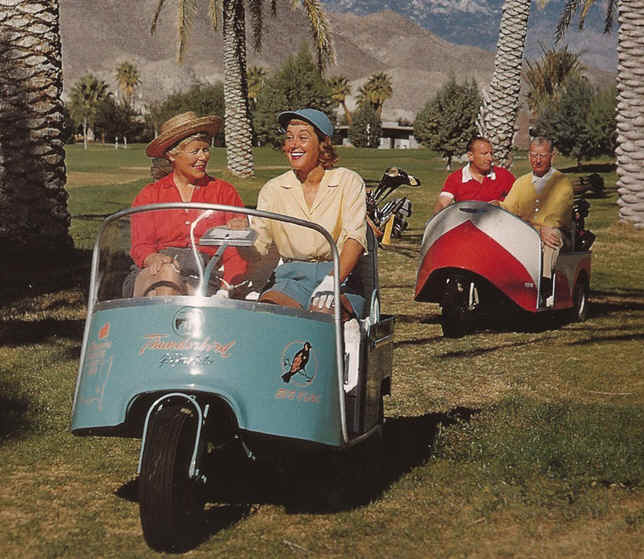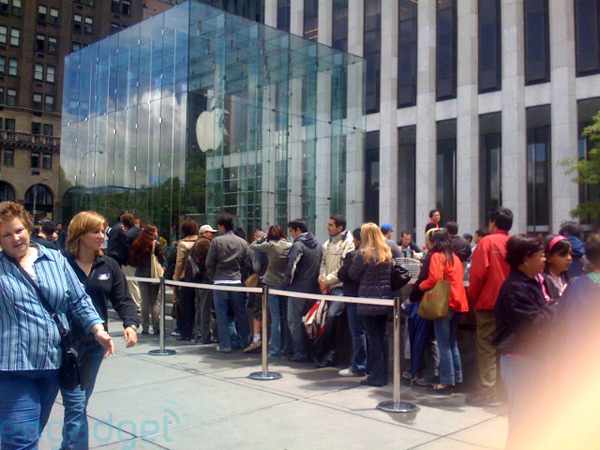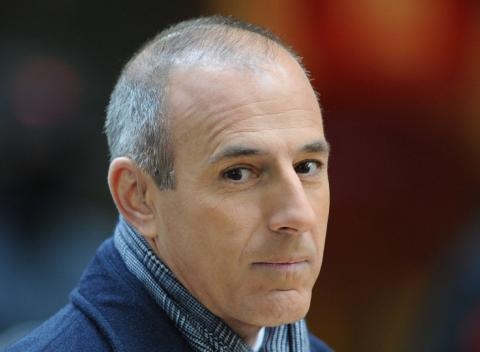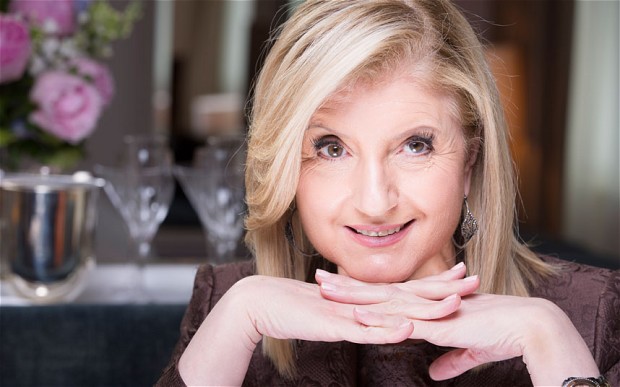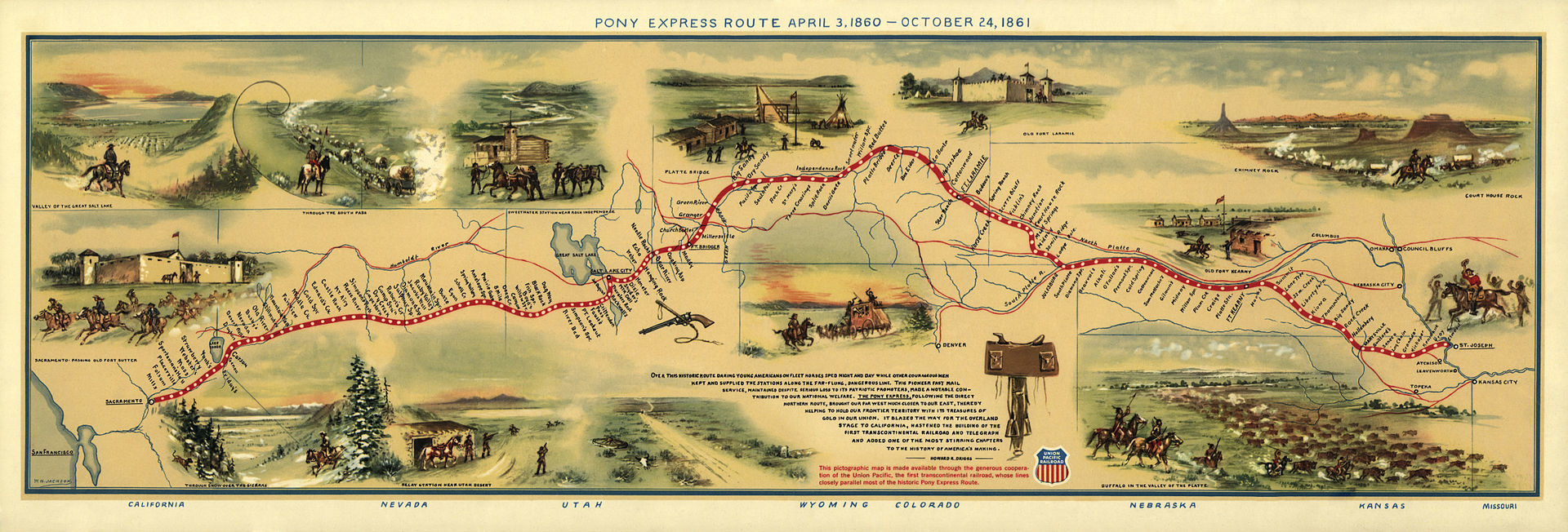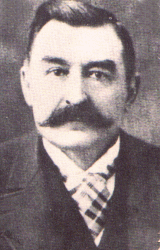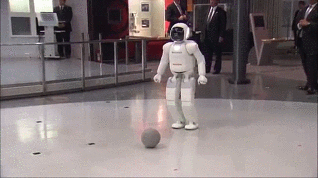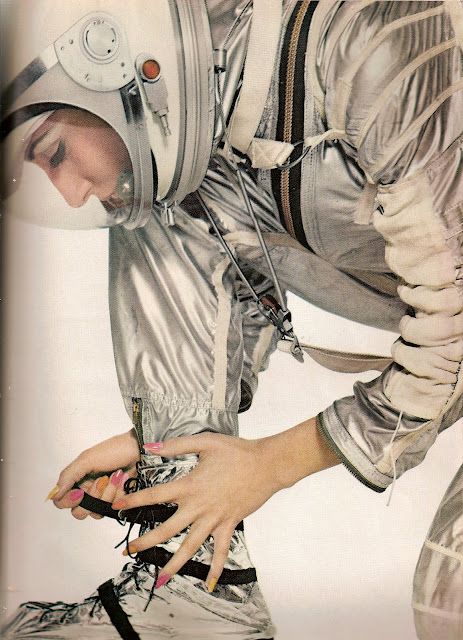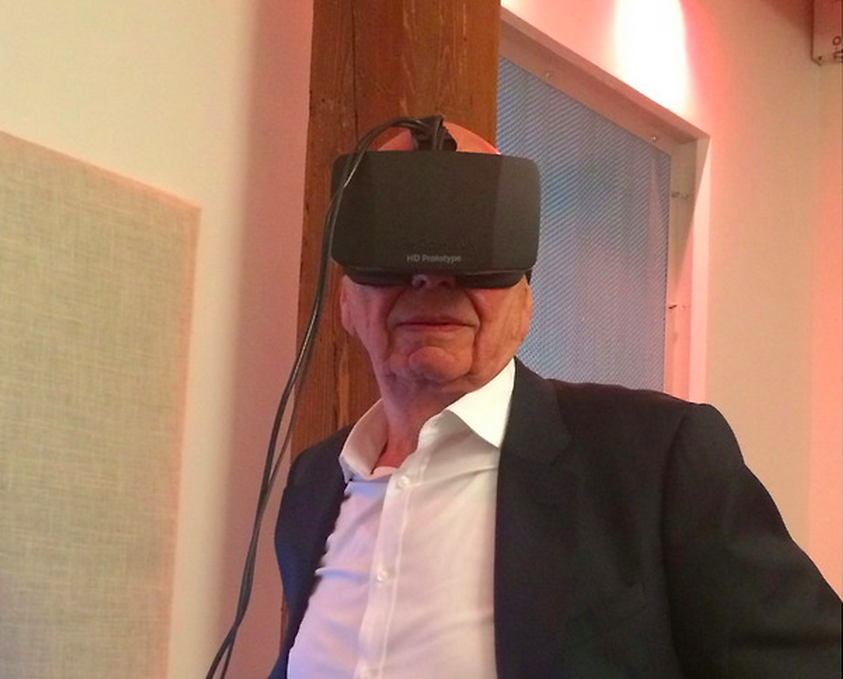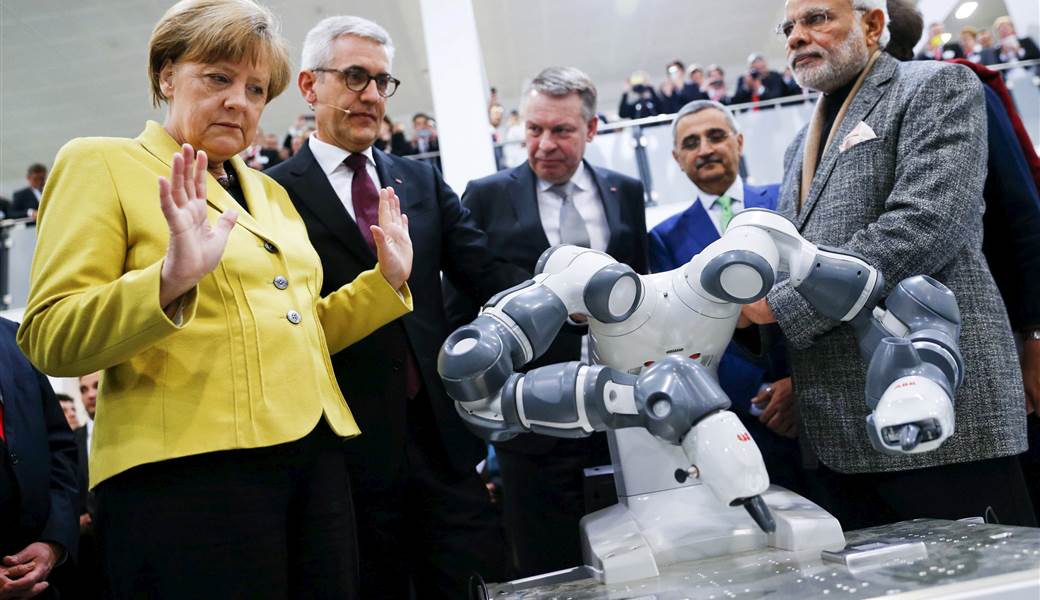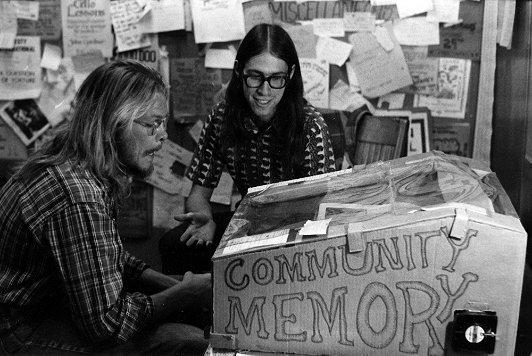Not everyone believes in Disruption, a theory developed and articulated by Harvard Business School’s Clayton Christensen. It is interesting to wonder, however, if Tesla, which explicitly aims to disrupt Big Auto, will achieve its goal. The professor had some colleagues study Elon Musk’s outfit, and they don’t consider it to be truly disruptive. They do feel, however, that a short-range, golf cart-ish EV might be.
I doubt one blanket solution will emerge. Tesla, other EV makers (including those manufacturing “community cars”), autonomous vehicles, ridesharing, etc., will probably be a collective force for change.
From a Harvard Business Review piece:
As the theory of disruptive innovation celebrates its 20th birthday—it was first articulated in a 1995 HBR article—recognition is growing that it has been co-opted as a trendy buzzword and applied to businesses that aren’t truly disruptive. “The word is [now] used to justify whatever anybody—an entrepreneur or a college student—wants to do,” Christensen told Bloomberg last year, responding to criticism of his work in the New Yorker. Bartman says that the popular press routinely cites Tesla and Airbnb as examples of disruptive innovations. Airbnb’s business model seems to fit the definition, he adds—but does Tesla’s?
To investigate, Bartman’s team posed five questions it uses to evaluate disruptive innovations. First, does the product either target overserved customers (by offering lower performance at a lower price) or create a new market (by targeting customers who couldn’t use or afford the existing product)? Second, does it create “asymmetric motivation,” meaning that while the disrupter is motivated to enter higher performance segments over time, existing players aren’t motivated to fight it? Third, can it improve performance fast enough to keep pace with customers’ expectations while retaining its low cost structure? Fourth, does it create new value networks, including sales channels? Fifth, does it disrupt all incumbents, or can an existing player exploit the opportunity?
As Bartman worked through the questions, it became clear that Tesla is not a disrupter. It’s a classic “sustaining innovation”—a product that, according to Christensen’s definition, offers incrementally better performance at a higher price. There’s nothing rudimentary about Teslas, which compete on price against cars by BMW and Mercedes. …
If Tesla won’t disrupt the industry, what could? [Tom] Bartman’s research points to the “neighborhood electric vehicle”—a low-speed vehicle that resembles a souped-up golf cart.•

